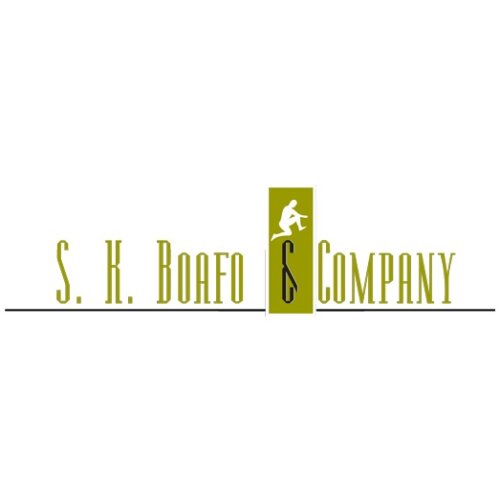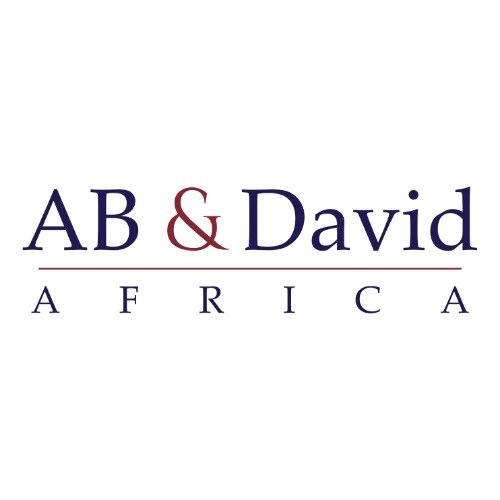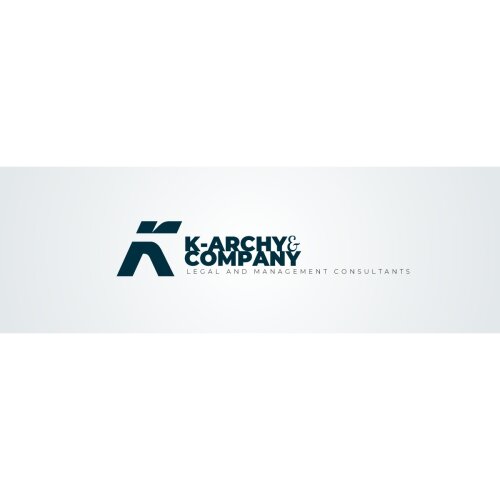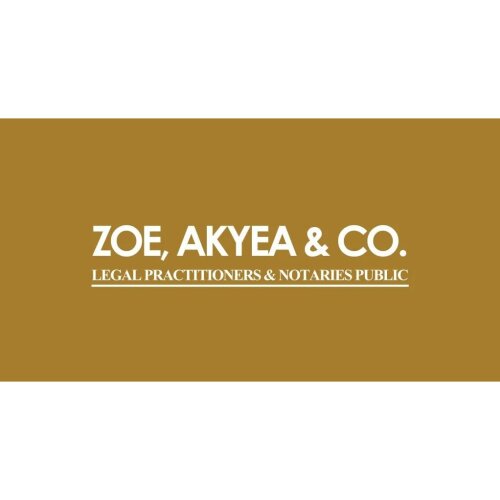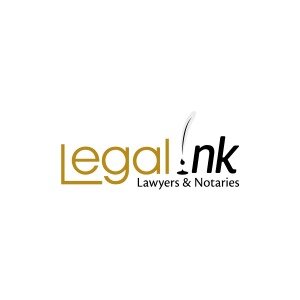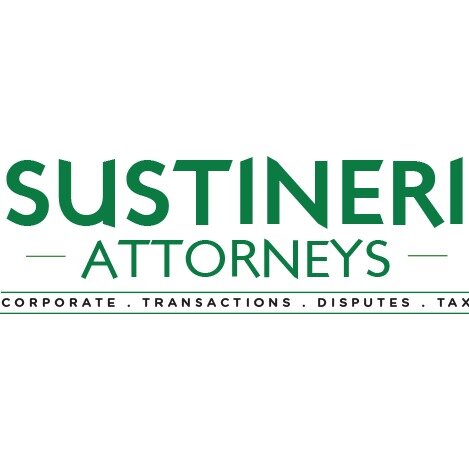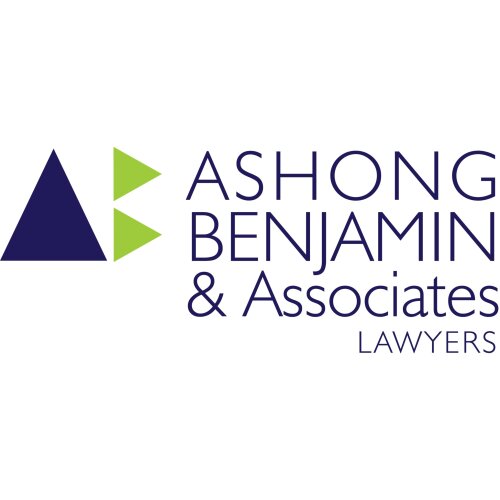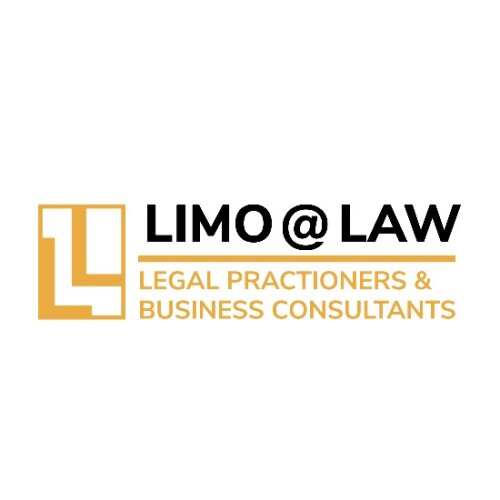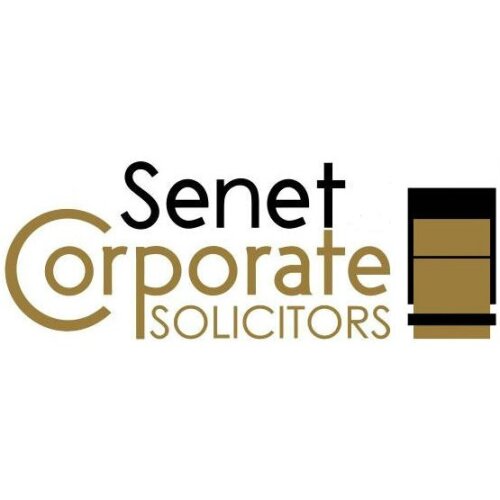Best Sanctions & Export Controls Lawyers in Accra
Share your needs with us, get contacted by law firms.
Free. Takes 2 min.
List of the best lawyers in Accra, Ghana
About Sanctions & Export Controls Law in Accra, Ghana
Sanctions and export controls are critical components of international trade law, designed to regulate the flow of goods, services, and technology across borders. In Accra, Ghana, these laws are implemented to comply with international obligations such as those set by the United Nations, as well as to protect national security, economic interests, and foreign relations. Ghanaian authorities enforce sanctions placed on specific countries or entities and control the export of specific goods and services, especially those considered sensitive like arms, dual-use technologies, or strategic materials. Compliance with these laws is mandatory for individuals, businesses, and organizations involved in exporting or importing goods from Ghana, as well as those engaging with sanctioned countries or persons.
Why You May Need a Lawyer
Navigating sanctions and export control regulations can be complex. Several common situations may require legal assistance:
- If your business exports goods or technology from Ghana and you need help understanding compliance requirements
- If you are entering into contracts with foreign partners and want to ensure sanctions compliance
- If you are inadvertently involved in transactions with sanctioned entities or individuals
- If you are subject to investigation or enforcement action by government authorities
- If you need to apply for licenses or permits to export certain controlled goods
- If you are facing penalties, fines, or legal claims related to violations of sanctions or export controls
- If you want to implement internal compliance programs to avoid unintentional violations
A qualified lawyer in Accra can help interpret the laws, represent you in dealings with regulators, and protect your interests in case of disputes.
Local Laws Overview
In Ghana, sanctions and export controls are governed primarily by a combination of national legislation and international commitments. The main legal frameworks include the Export and Import (Control and Certification) Act 1965, the Anti-Terrorism Act 2008, and related regulations. The Ghana Export Promotion Authority and Customs Division of the Ghana Revenue Authority play key roles in enforcement. Ghana also observes United Nations Security Council resolutions concerning sanctions, including those related to arms embargoes, asset freezes, and trade restrictions.
Export controls in Ghana typically cover goods such as arms and ammunition, dual-use chemicals, advanced technology, and cultural artifacts. Certain exports require government licenses, and businesses must maintain documentation proving compliance. Sanctions can prohibit transactions with specific countries, entities, or individuals, especially those related to terrorism, money laundering, or proliferation of weapons of mass destruction. Severe penalties, including fines and imprisonment, can result from violations.
Frequently Asked Questions
What are sanctions and export controls?
Sanctions are legal restrictions imposed on certain countries, organizations, or individuals, often as part of international diplomatic efforts. Export controls are regulations that restrict or require authorization for the export of specific goods or technologies.
Who enforces sanctions and export controls in Ghana?
The Customs Division of the Ghana Revenue Authority, in collaboration with other governmental agencies such as the Ministry of Trade and Industry and the Ministry of Foreign Affairs, is responsible for enforcement.
What types of goods are subject to export controls?
Goods such as military equipment, arms and ammunition, dual-use goods, chemicals, cultural artifacts, and some advanced technologies are subject to export controls.
When do I need an export license?
You need an export license before sending regulated goods or technologies outside Ghana. The specific requirements depend on the type of items and the destination country.
How do I know if I am dealing with a sanctioned entity?
You should consult the official lists published by the Ghanaian government and international organizations, such as the United Nations, as well as performing due diligence on your business partners.
What are the penalties for violating sanctions or export controls?
Penalties can include substantial fines, forfeiture of goods, suspension or revocation of licenses, and imprisonment, depending on the severity of the violation.
Are there exceptions or licenses available under the law?
Certain exemptions and special licenses may be available, especially for humanitarian goods, scientific research, or diplomatic purposes. Discuss your situation with a legal expert to explore these possibilities.
How can I ensure my business is compliant?
Implement a robust compliance program, conduct regular training, screen business partners, and consult with legal professionals familiar with Ghanaian and international regulations.
Does Ghana recognize international sanctions?
Yes, Ghana implements United Nations Security Council sanctions and may take into account other international sanctions as part of its foreign policy.
What should I do if I suspect a violation?
If you suspect a violation, you should seek legal advice immediately to assess your liability, understand reporting obligations, and take steps to mitigate enforcement risks.
Additional Resources
Those seeking more information or legal support in Accra, Ghana, can contact the following resources:
- Ghana Export Promotion Authority
- Customs Division of the Ghana Revenue Authority
- Ministry of Trade and Industry
- Ministry of Foreign Affairs and Regional Integration
- Ghana Investment Promotion Centre
- The Ghana Bar Association for legal referrals
These agencies provide guidance, licensing information, and support for compliance with sanctions and export control laws.
Next Steps
If you believe you need legal assistance with sanctions and export controls in Accra, Ghana, consider taking the following steps:
- Identify your specific legal needs and gather all relevant documents related to your exports, business partners, and transactions
- Contact a qualified lawyer or legal firm with expertise in trade law, international law, or sanctions and export controls
- Schedule a consultation to discuss your concerns and get tailored advice
- Follow up with regulatory authorities if needed to clarify licensing or reporting requirements
- Stay updated on relevant changes in laws and regulations through the resources listed above
Timely legal advice can minimize your risk and help ensure your operations remain compliant with the law.
Lawzana helps you find the best lawyers and law firms in Accra through a curated and pre-screened list of qualified legal professionals. Our platform offers rankings and detailed profiles of attorneys and law firms, allowing you to compare based on practice areas, including Sanctions & Export Controls, experience, and client feedback.
Each profile includes a description of the firm's areas of practice, client reviews, team members and partners, year of establishment, spoken languages, office locations, contact information, social media presence, and any published articles or resources. Most firms on our platform speak English and are experienced in both local and international legal matters.
Get a quote from top-rated law firms in Accra, Ghana — quickly, securely, and without unnecessary hassle.
Disclaimer:
The information provided on this page is for general informational purposes only and does not constitute legal advice. While we strive to ensure the accuracy and relevance of the content, legal information may change over time, and interpretations of the law can vary. You should always consult with a qualified legal professional for advice specific to your situation.
We disclaim all liability for actions taken or not taken based on the content of this page. If you believe any information is incorrect or outdated, please contact us, and we will review and update it where appropriate.



